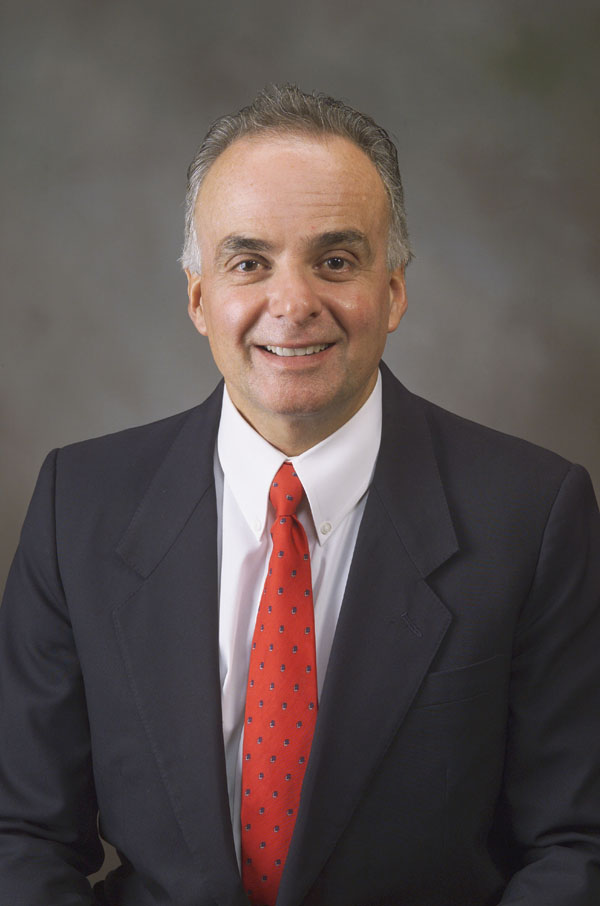College of Natural Resources' Joseph Scarpaci uses Fulbright to advance Chile's historical preservation

Joseph L. Scarpaci, professor of geography in Virginia Tech's College of Natural Resources and a recipient of a Senior Research Fulbright Fellowship, assisted Chile in its historical preservation with his award grant. During his recent semester in that Latin American country he also engaged in related research.
He was the guest lecturer in a series of classes that were taught under the subjects of history, architecture, place marketing, and geography at the Catholic University of Chile. Scarpaci was also the guest of honor at a conference on “Conservation of Monuments and Political Heritage Nationals.” He addressed the need to implement master plans of conservation in the historic districts in Chile.
“The Chilean government is not as far advanced as other South American countries are today in their efforts to preserve their cultural and historic legacies. They are trying to play catch up,” he notes. For the rest of his stay in Chile, he was invited as a guest lecturer by the University of Talca. He also worked with a non-profit organization called Fundación Valparaíso in the port city of Valparaíso, where he advised different historical sites on the beautification of town squares, building facades, and parking areas.
Scarpaci worked with Jim Littlefield, a professor of marketing in the Pamplin College of Business, to create a study abroad program over winter break that consisted of 10 students from the colleges of business and natural resources. Scarpaci served as a technical advisor for the program, which is called The Chilean Miracle: International Marketing, Business and Culture.
As a repeat recipient of the Fulbright Award, Scarpaci continues to develop ways of implementing historical preservation in Latin America. In 1983-84 he received the Fulbright Doctoral Dissertation Award, which gave him the opportunity to do his dissertation in Santiago, Chile. In 2006, he was a Senior Fulbright Specialist in Montevideo, Uruguay.
Established in 1946, the Fulbright program is America's flagship international education exchange activity and is sponsored by the U.S. Department of State, Bureau of Education and Cultural Affairs. Recipients of Fulbright awards are selected on the basis of academic or professional achievement and because they have demonstrated extraordinary leadership potential in their fields. Since its establishment, thousands of United States faculty and professionals have studied, taught, or conducted research abroad, and thousands of their counterparts from other countries have engaged in similar activities in the United States.




